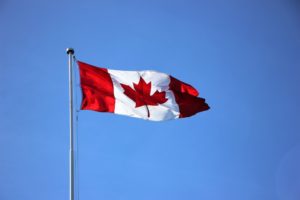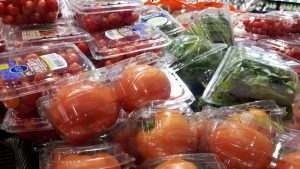- Regulatory Tools
- Circular Economy
- Government
- Government Policy
- Labelling
- Recycling
- Policy
- Strategy and Policy
- Take Action
- National
Plastics ban will have ‘sizable effect’ on Canada’s ecosystems, expert says
An expert environmental chemist from the University of Toronto predicts that the new Canadian single-use plastics ban will have a sizeable effect on the environment.
Dr. Diamond explains that taxpayers have traditionally paid for waste while plastics and retail industries have not, and suggests that the ban will begin to shift that responsibility while positively affecting ecosystems.
Story Preview:
Plastic straws, bags, cutlery, stir sticks and takeout containers are being phased out in Canada starting Dec. 20.
The federal government’s regulation bans the manufacturing and import for sale of plastic items. It is phase 1 of a plan to eliminate plastic waste by 2030.
Under this timeline, businesses are allowed to sell plastic items, but will need to replace them with compostable or sustainable alternatives. The sale of these items will be prohibited on Dec. 23, 2023.
Miriam Diamond, a University of Toronto earth sciences professor, told CTV’s Your Morning on Tuesday the legislative change will have a “sizable effect” on the environment.
“Plastic garbage, 47 per cent of that, is mostly single-use plastic,” Diamond said. “So what this ban will do, it’s intended to remove from the waste stream, about 30,000 tonnes of plastic, of which about 29,000 tonnes make their way into the environment.”
The ban aims regulation at the foodservice and plastic manufacturing industries, which Diamond says should take the burden of the costs.
“We have not pressed the industry that is the plastics industry or the retailing industry to deal with this,” Diamond said. “Rather, we have forced the taxpayer to pay for this. … We’re paying for it by increasing landfills, we’re increasing costs to manage all this plastic waste.”
Natasha O’Neill, CTV News, Dec 20, 2022.



